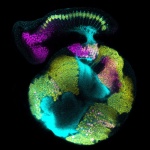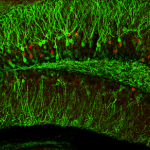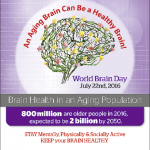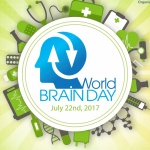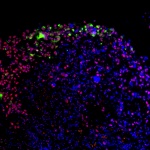
News • Study
Zika virus could be used to treat brain cancer
Recent outbreaks of Zika virus have revealed that the virus causes brain defects in unborn children. But researchers from Washington University School of Medicine in St. Louis and the University of California, San Diego report that the virus could eventually be used to target and kill cancer cells in the brain.



